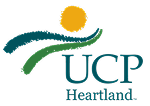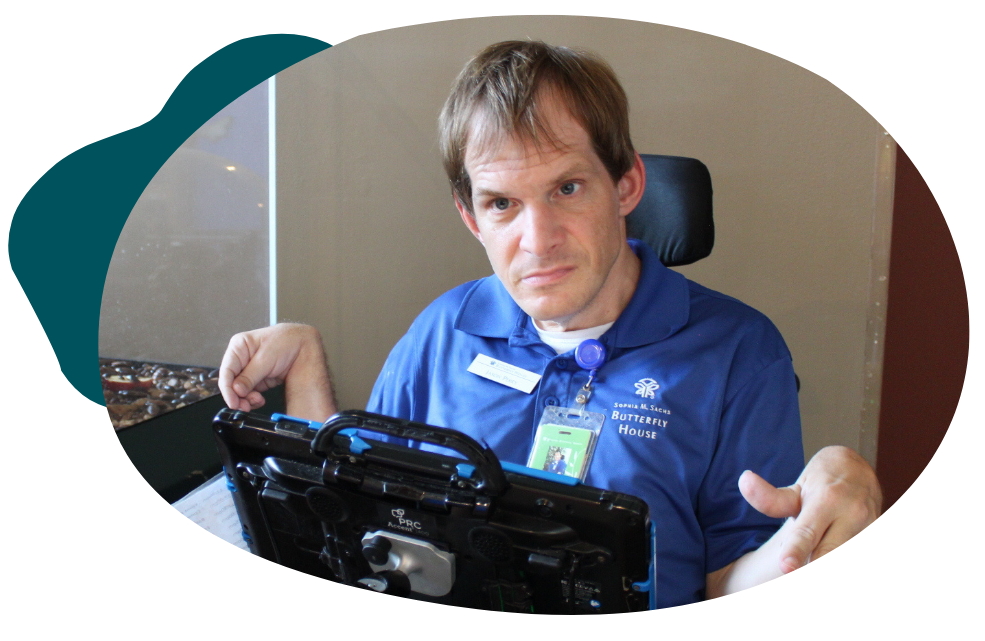
Description
Our comprehensive approach supports your loved one on their journey to competitive employment and independence. From the first steps of discovery and exploration to the last of job retention, we provide expert guidance to your loved one and their employer along the way. We proudly offer specialized job guidance in three categories; supported employment, brain injury employment, and our summer work program.
Program Goals
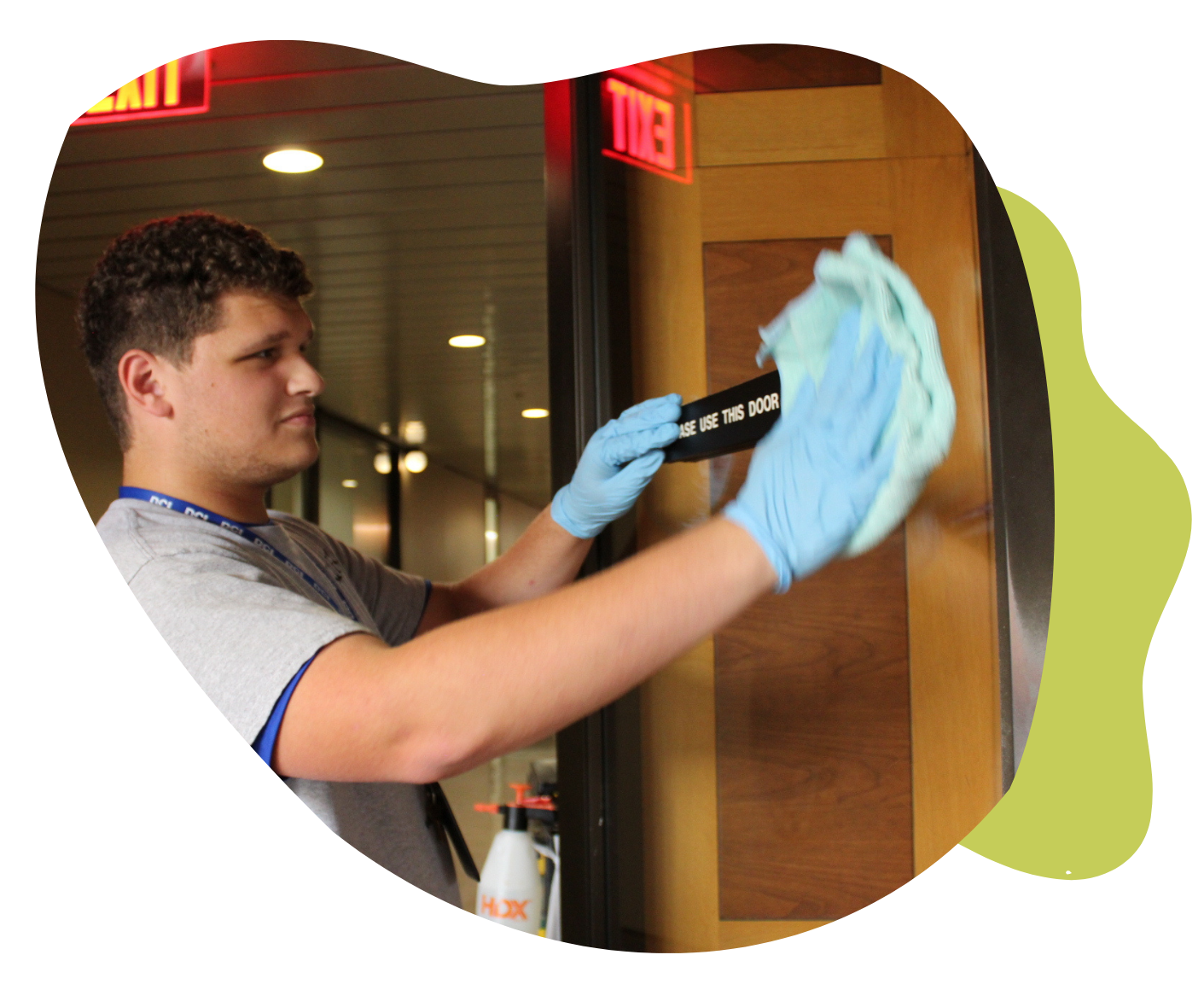
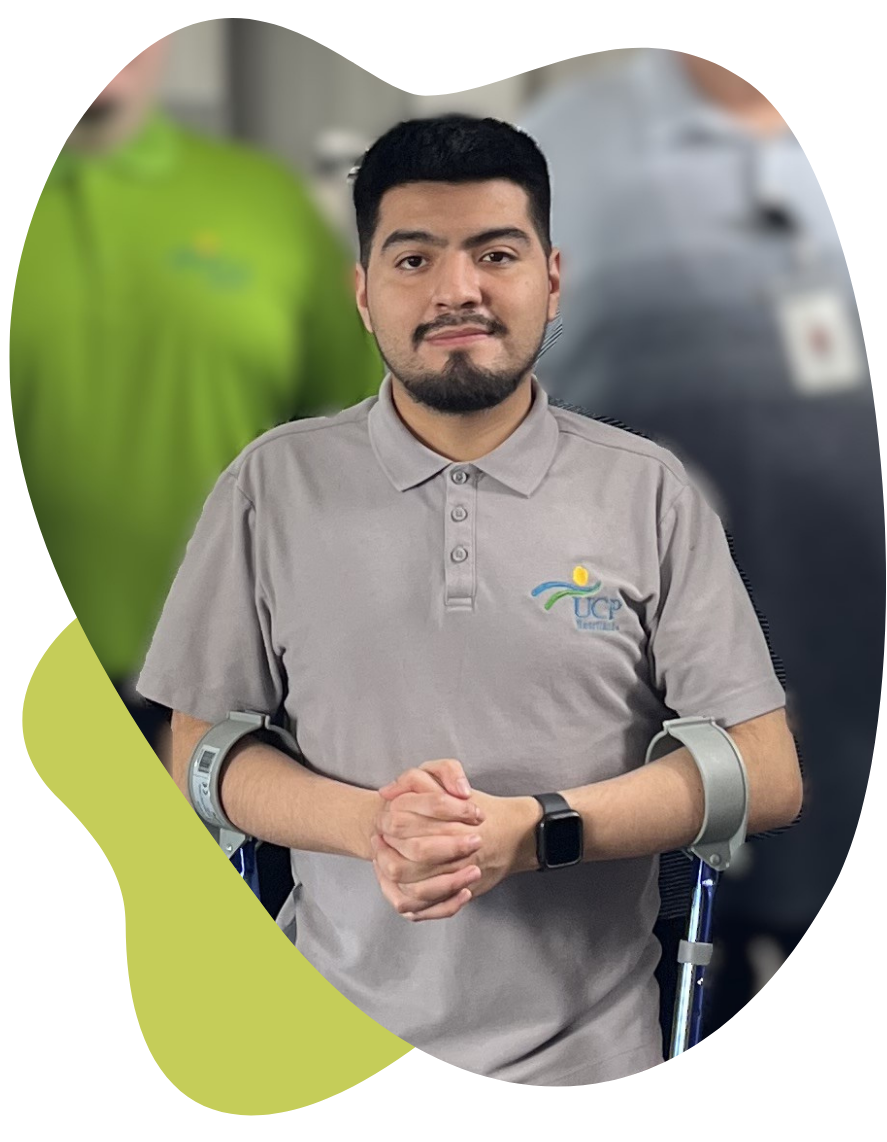
Program Highlights
Finding and being successful at a job is an important part of your loved one’s independence and growth as an active member of their community. That’s why our expert Employment Services team provides valuable training and resources to guide them on their journey. You and your loved one can count on us for:
- Personalized Support: We tailor our employment services to fit each person’s unique strengths, goals, and needs.
- The Right Job, Not Just Any Job: We carefully match each of our clients with meaningful employment where they can succeed and feel valued.
- A Commitment to Excellence: We prioritize the well-being of our clients, strong partnerships with employers, and the trust of those who support our mission.
Supported
Employment
Our job coaches are your loved one’s biggest supporter in achieving successful employment. They offer one-on-one training, assist with learning job expectations, and ensure a smooth transition into the workplace.
Brain Injury
Employment Services
Partnering with Vocational Rehabilitation and the Department of Health and Senior Services, we help those living with brain injuries find and keep meaningful jobs.
Summer
Work Programs
We offer two summer work-based learning programs for high school students with disabilities to gain valuable work experience before graduation. Each program has different requirements and eligibility criteria.
Program Achievements
Year after year, our Employment Services team continues to build and grow, showcasing remarkable achievements. Celebrate these milestones with us and the people we serve!
- In 2024, at our St. Louis locations we received an impressive 95 referrals, leading to 73 clients successfully obtaining employment!
- In Jefferson City we received 28 referrals and enabled 14 clients to secure jobs!
- Our Employment Services team also provided 64 high school students with invaluable summer work experiences!
- It takes an average of 62 days for our clients to be matched with the job that’s right for them!
- 93% of our clients are placed in a new job!
- 87% of our clients retain their jobs long term!
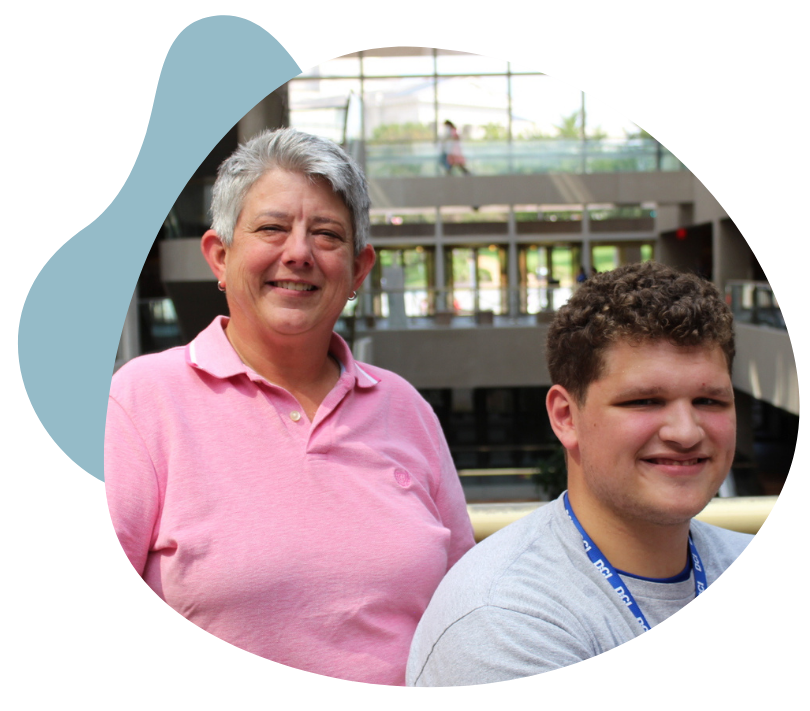
Building Bright Futures Through Employment
Discovery & Exploration
A six-to-eight-week process where we create a personalized vocational profile to guide their job search and understand their strengths, needs, and career goals. Funded by Vocational Rehabilitation (VR) and the Department of Mental Health (DMH).
Job Preparation
Job Development
Job Coaching
Follow-Along & Job Retention
Discovery Exploration
A six-to-eight-week process where we create a personalized vocational profile to guide their job search and understand their strengths, needs, and career goals. Funded by Vocational Rehabilitation (VR) and the Department of Mental Health (DMH).
Job Preparation
We help our clients build essential skills like communication, resume writing, and interview preparation. Whether through on-site training or community volunteer experiences, we ensure they are ready for the workplace. Funded by DMH, this step helps set them up for success.
Job Development
It’s time to find a job! Using the profile we created, our team actively searches for the right job match. We assist with applications, interviews, and job negotiations, ensuring a smooth process. Funding is primarily from VR and DMH.
Job Coaching
Starting a new job can be overwhelming, but we’re here to help. Our team assists with transportation, workplace accommodations, and on-the-job training. We also support communication between our clients and their coworkers or supervisors. As confidence and independence grow, our support gradually fades.
Follow-Along & Job Retention
We stay connected to ensure long-term stability. With regular check-ins, we help maintain job satisfaction, address workplace needs, and support career growth. Funded by the Productive Living Board (PLB) for St. Louis County residents, Developmental Disabilities Resources (DDR) for St. Louis City residents, Developmental Disabilities Resource Board (DDRB) for St. Charles County residents, or Developmental Disabilities Advocacy (DDA) for Jefferson County residents, we provide ongoing encouragement so each person can continue to succeed.
Our Locations
If you searched “Disability employment services near me”, and found your way here, you’re in the right place! We’re here to support you and your loved one on their search for independence and meaningful employment. Contact any of our centers or our director today to take the first step towards employment success.
